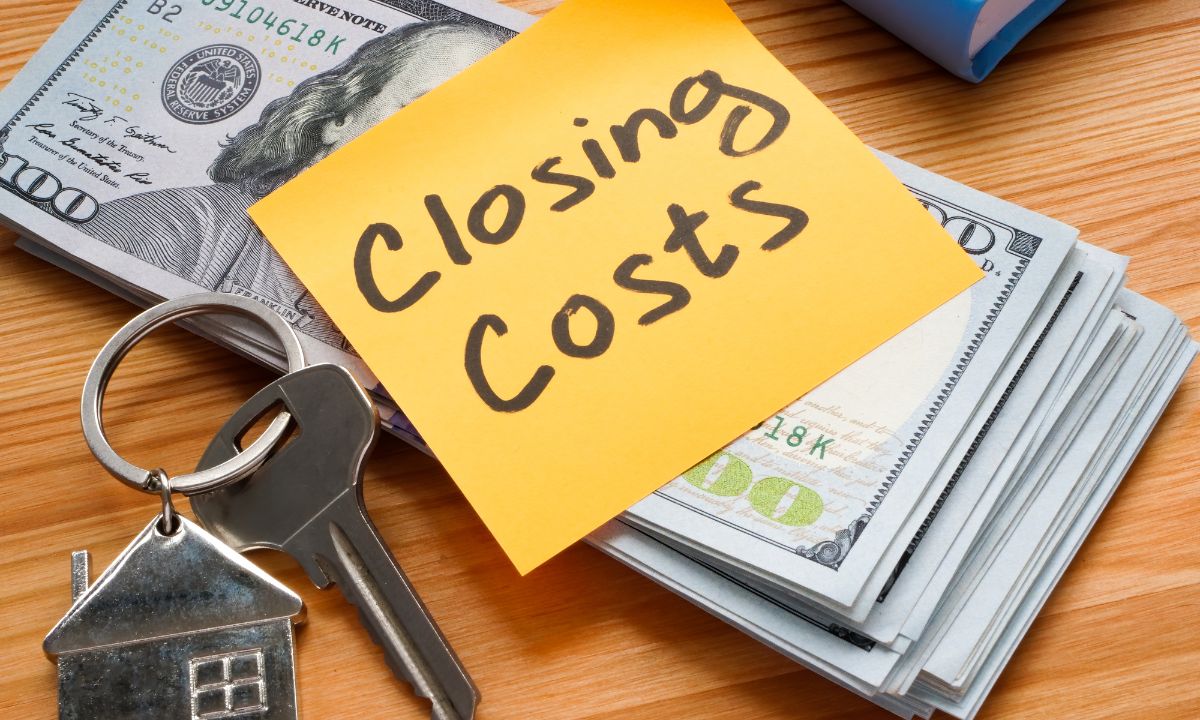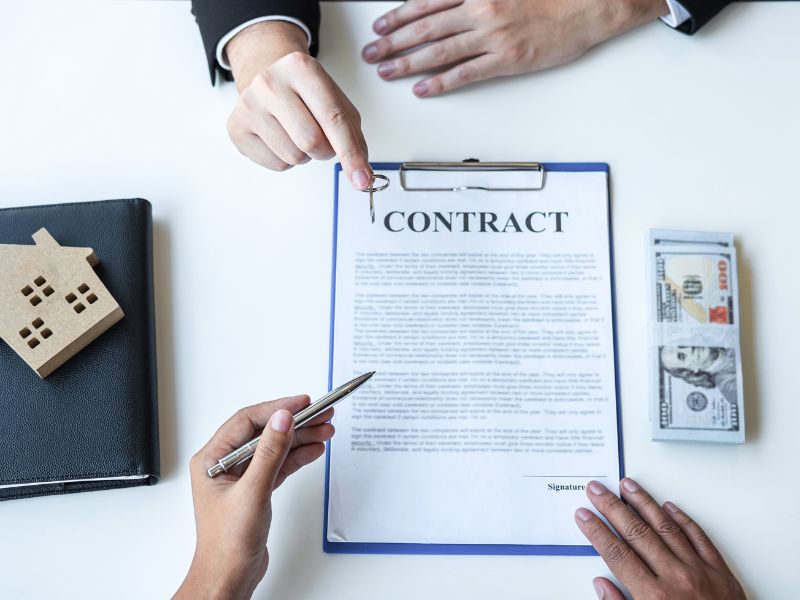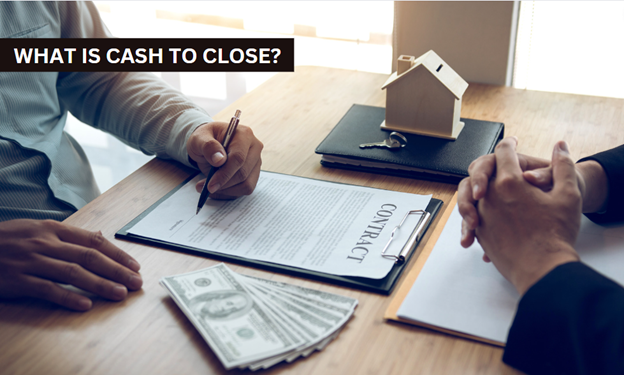Understanding Closing Costs When Buying a Home
 Buying a home is an exciting journey, but it’s not without its twists and turns. One specific daunting aspect for many homebuyers is understanding the sphere of closing costs. These additional expenses can catch even the most prepared buyers off guard if they’re not properly understood. So, let’s discuss the world of closing costs and shed some light on what to expect when purchasing your dream home.
Buying a home is an exciting journey, but it’s not without its twists and turns. One specific daunting aspect for many homebuyers is understanding the sphere of closing costs. These additional expenses can catch even the most prepared buyers off guard if they’re not properly understood. So, let’s discuss the world of closing costs and shed some light on what to expect when purchasing your dream home.
Appraisal Fees: Before finalizing a mortgage, lenders typically require an appraisal to ensure the property’s value aligns with the loan amount. Appraisal fees can vary depending on the size and location of the property but generally range from a few hundred to a thousand dollars. It’s crucial to budget for this expense as it’s a non-negotiable part of the home-buying process.
Title Insurance: Protecting your ownership rights is paramount when purchasing a home. Title insurance safeguards against any issues with the property’s title, such as liens or disputes, that may arise after the purchase. While it might seem like an added expense, the peace of mind it provides is invaluable. Title insurance costs vary but typically amount to around 0.5% to 1% of the home’s purchase price.
Home Inspection Fees: Hiring a qualified home inspector is essential for uncovering any potential issues with the property before closing the deal. While not always mandatory, a home inspection can save you from costly surprises down the road. Inspection fees can range from $300 to $500 on average, depending on the size and complexity of the home.
Closing Agent Fees: A closing agent, often an attorney or a title company representative, facilitates the closing process and ensures all necessary documents are properly executed. Their fees cover administrative tasks, document preparation, and overseeing the closing proceedings. Closing agent fees vary but typically amount to around 1% to 2% of the home’s purchase price.
Property Taxes and Insurance: Depending on when you close on your new home, you may be required to prepay property taxes and homeowners insurance for the upcoming year. These expenses are typically prorated based on the closing date and can add a significant amount to your closing costs.
Origination Fees: Charged by the lender, origination fees cover the cost of processing your mortgage application and underwriting the loan. These fees can vary widely but generally range from 0.5% to 1% of the loan amount. It’s essential to shop around and compare origination fees when selecting a lender to ensure you’re getting the best deal.
Escrow Fees: If you opt to use an escrow service to hold funds and coordinate the closing process, you’ll likely incur escrow fees. These fees cover the cost of managing the escrow account and ensuring all parties fulfill their obligations. Escrow fees typically amount to around 1% of the purchase price but can vary depending on the complexity of the transaction.
Navigating the realm of closing costs can feel overwhelming, but understanding what to expect can help alleviate some of the stress associated with buying a home. By budgeting for these expenses and working closely with your real estate agent and lender, you can approach the closing table with confidence and excitement as you take the next step toward homeownership.

 When you’ve finally found the home you’re looking for at the right price, it’s easy to think that the hard part is over; however, there’s still a lot to do in order to ensure your purchase goes through without a hitch. If you’re tying up the loose ends on your home purchase, here are some things you should do to avoid any unnecessary delays.
When you’ve finally found the home you’re looking for at the right price, it’s easy to think that the hard part is over; however, there’s still a lot to do in order to ensure your purchase goes through without a hitch. If you’re tying up the loose ends on your home purchase, here are some things you should do to avoid any unnecessary delays. Buying a house is one of the most significant financial decisions in one’s life, and it’s essential to make smart choices to save money during the process. While purchasing a home can be expensive, there are several strategies you can implement to maximize your savings and make the most of your investment.
Buying a house is one of the most significant financial decisions in one’s life, and it’s essential to make smart choices to save money during the process. While purchasing a home can be expensive, there are several strategies you can implement to maximize your savings and make the most of your investment.  “Cash to Close” refers to the total amount of money that a homebuyer needs to bring to the closing table to complete the purchase of a property. It includes the down payment, closing costs, and other fees associated with the home purchase.
“Cash to Close” refers to the total amount of money that a homebuyer needs to bring to the closing table to complete the purchase of a property. It includes the down payment, closing costs, and other fees associated with the home purchase. After you have found the right house to meet your needs, you need to make the down payment to complete the transaction. Can you show up at the closing table with a suitcase full of cash? Of course, that would be a bit suspect, so that is not actually how it happens. What do you need to do to actually hand over the funds to buy the house?
After you have found the right house to meet your needs, you need to make the down payment to complete the transaction. Can you show up at the closing table with a suitcase full of cash? Of course, that would be a bit suspect, so that is not actually how it happens. What do you need to do to actually hand over the funds to buy the house?